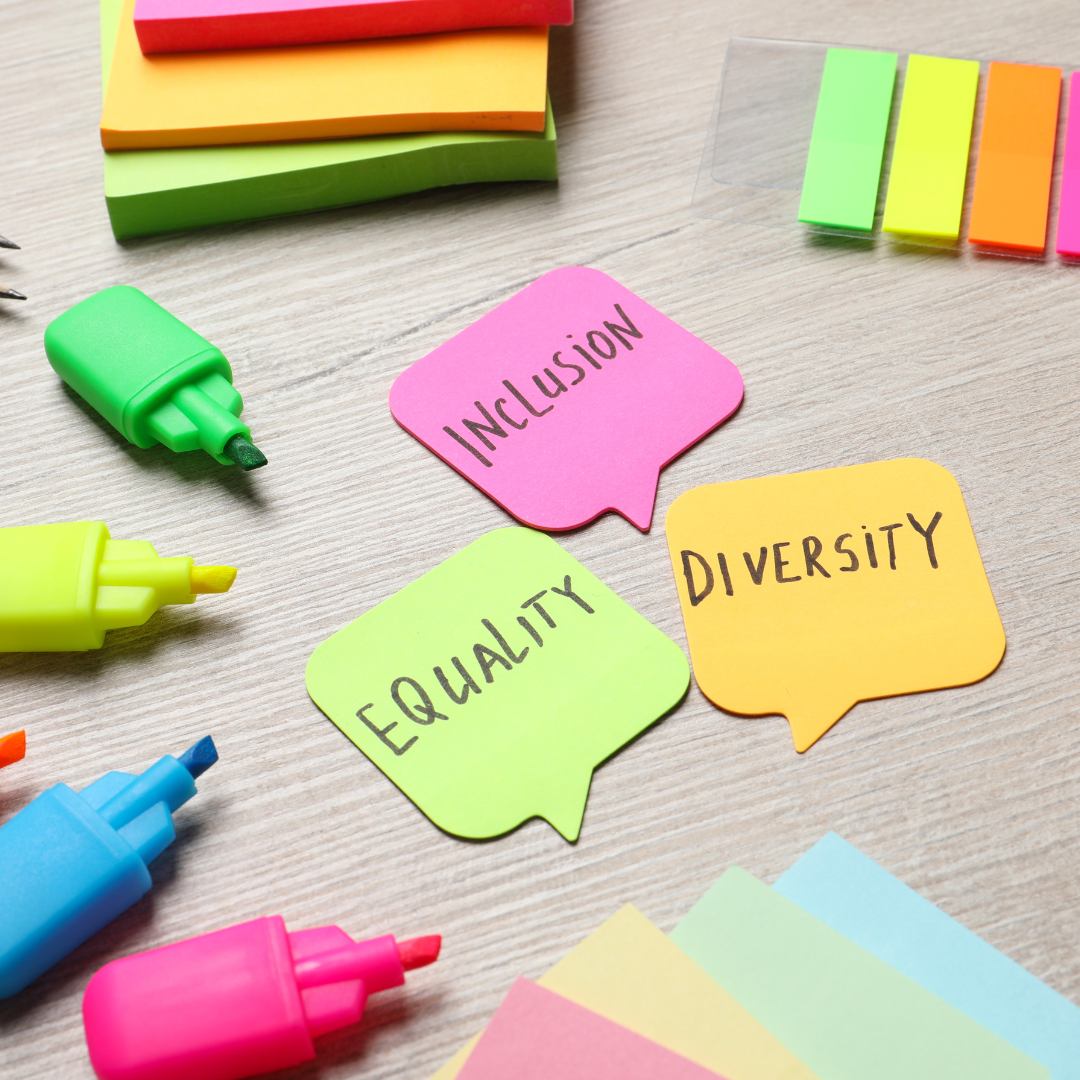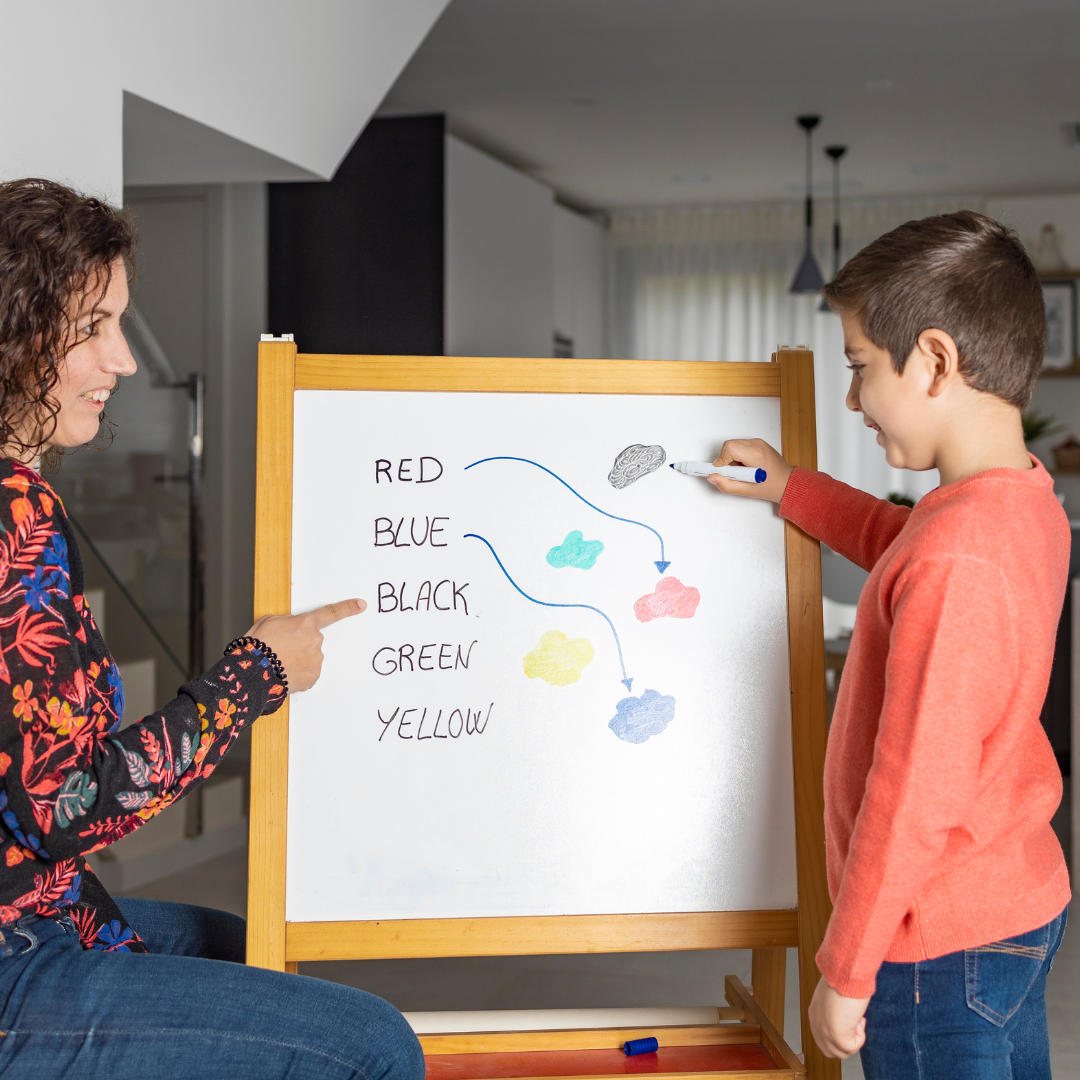Racial Literacy in Education: Cultivating Hope and Change for Global Majority Children
HOPE!
For many decades the discussion of race and education has been a contentious issue underpinned by headlines and statistics that often reflect very little hope for Global Majority children navigating the current education system. This is due to data for Global Majority children traditionally being centred around high exclusions (6 times more likely for black boys, figures trebled for black girls last year), academic underperformance, increasing numbers of Mental health and over representation in the youth criminal justice system. These figures run alongside an exodus of Global Majority teachers from the profession and an underrepresentation of Global Majority Senior leaders in positions where their voices are needed.
However, for hope to be restored and a reversal of dismal statistics there needs to be a greater emphasis on staff developing their knowledge and understanding around the complexities of race and how it impacts on the mental health and wellbeing of Global Majority children. Therefore, a starting point for schools committed to improving the educational trajectory for their Global Majority students should be the development of their own and staff’s racial literacy (the capacity of teachers to understand the ways in which race and racism work in society, and to have the skills, knowledge and confidence to implement that understanding in teaching practice. (Runnymede Trust 2020).
In her 2020 research paper Yolanda Sealey-Ruiz, identified 6 steps towards becoming Racially Literate beginning with Critical love, the basic concept of being committed to wanting to do the right thing for the students in your care. As SMHL if this is our starting premise then we have already begun to establish some hope for our Global Majority children.
The next steps are Critical Humility then Critical Reflection which reaffirms that this is a process without fast-track options. In these phases you should be curious and may speak with Global Majority friends, colleagues or students but don’t ask for recounts of traumatic racial experiences in a bid to learn what you can discover within the pages of a book.
The next step Critical literacy is our commitment to the learning process. For some staff this may be a daunting experience as they may be presented with concepts that may leave them feeling vulnerable and resistant to change. However, these feelings can be refocused by taking positive actions. Such actions include, selecting relevant resources such as books, webinars, and courses to increase your knowledge and enhance your understanding.
The penultimate step of Archaeology of self is a deep exploration of ourselves before we reach the final stage of Interruption, which is the point we decide current practices and systems must change.
Developing racial literacy cultivates an adjusted professional and personal lens for staff supporting the needs of Global Majority children. This is vital for your role and is imperative for Global Majority children who are hopeful that you will use your racial literacy skills to invoke changes in practice that will change the narrative, statistics and outcomes relating to their future.
Resource Links
Racial Literacy: A Policy Research Brief produced by the James R. Squire Office of the National Council of Teachers of English SquireOfficePolicyBrief_RacialLiteracy_April2021.pdf (ncte.org)
The Cost of Not Being Racially Literate The cost of not being racially literate diversity equality inclusion Black Lives Matters political impartiality guidance teaching learning pedagogy racial literacy (sec-ed.co.uk)
Race and Racism in Schools Race and Racism in Secondary Schools (runnymedetrust.org)
Written by Nicola Nicholls





